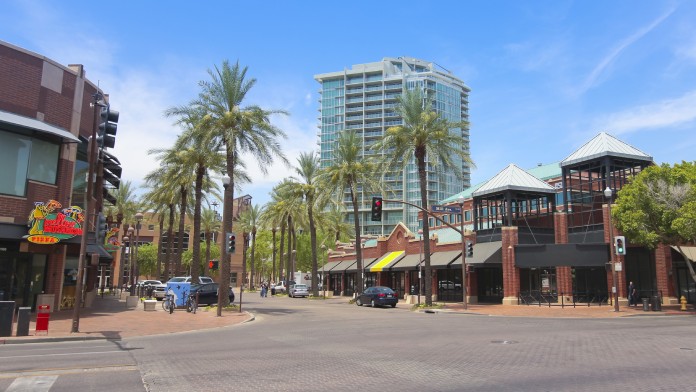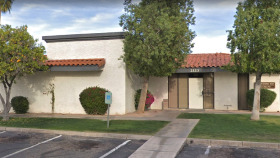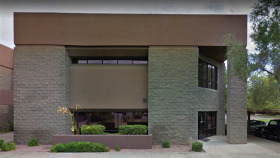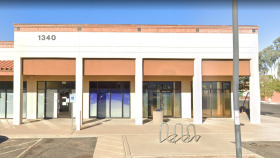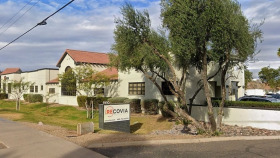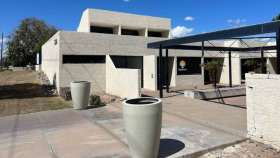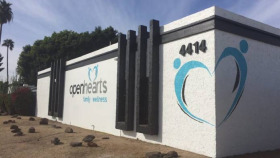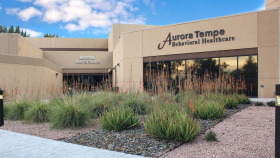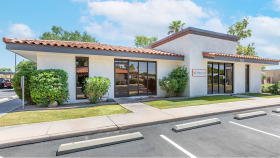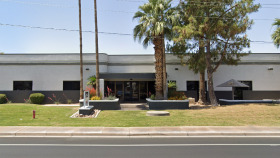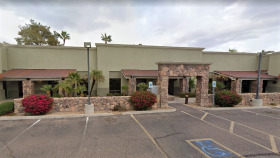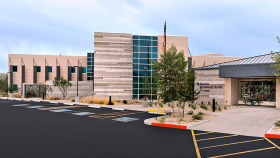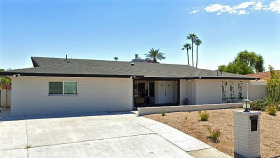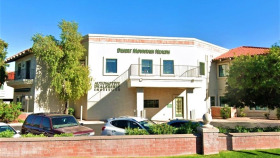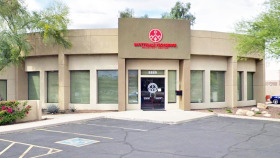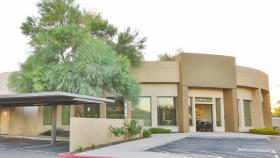Expert Insights
As of 2022, Maricopa County was experiencing more than 1500 drug overdose deaths per year. And in Arizona, 42% of all overdoses involve fentanyl. When this deadly drug is involved, death is often the result. It’s a killer, and lawmakers in Arizona are trying to pass legislation that would allow sellers of the drug to be treated as murderers. The law would allow first-degree murder charges for fentanyl dealers or sellers if their deal results in an overdose death. Charge someone for murder…when they murder someone with drugs? Seems like a no brainer. This act definitely deserves harsh punishment.
~ Kerry Nenn
Are There Low-Cost and Free Drug Rehab Centers in Tempe?
If you don’t have health insurance and lack the means to pay out of pocket for alcohol or drug rehab in Tempe, you can still get help. Local state-funded facilities offer low-cost or free services for eligible residents who need care for addiction and/or mental health concerns. Publicly funded facilities receive funding via Arizona tax dollars and may receive federal grants as well. These subsidies allow them to provide programs at little to no cost for people in need.
To qualify for care at low-cost or free drug rehabs or detox centers in Tempe, you must provide proof of income to demonstrate financial need. You must also show proof of U.S. citizenship and Arizona residency and may need to prove that you’re either uninsured or underinsured.
If you’re eligible for enrollment, you’ll have access to the same evidence-based addiction treatment services provided by costlier facilities. But, because these treatment centers receive limited funding, they may not offer cutting-edge services, complimentary amenities, or therapies.
How Does Tempe Compare in Alcohol and Drug Use?
Tempe is a city just east of Phoenix, in Arizona. It’s known for the Tempe Center for the Arts, which hosts concerts, dance, and comedy shows. Nearby, Tempe Beach Park hosts exciting outdoor festivals.
However, like so many other cities in the U.S., the area is also home to rising rates of drug and alcohol misuse. If you or a loved one is struggling with addiction or a substance use disorder, there are over 150 accredited alcohol and drug rehab centers in Tempe and the surrounding area.1
Like many cities in Maricopa County, Arizona, Tempe is no stranger to substance abuse within the community. Alcohol and drug use statistics of note in Maricopa County include:1,2,3
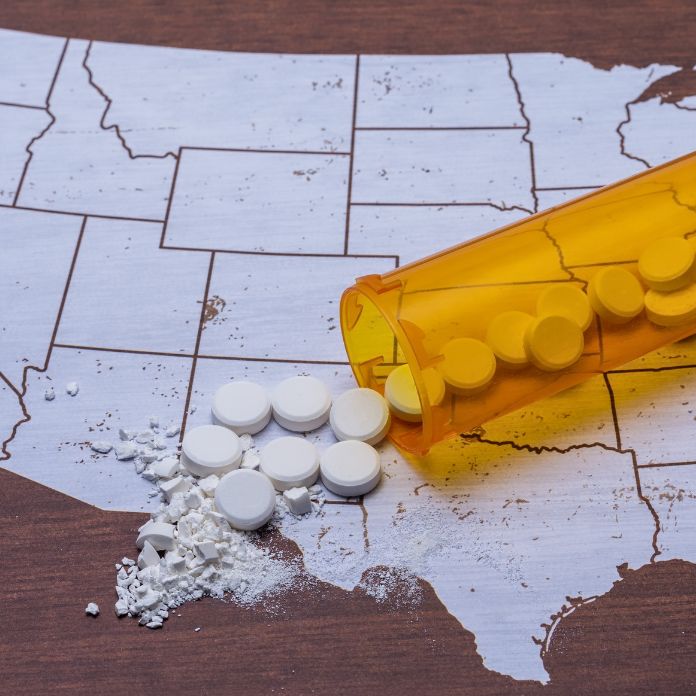
Within the first six months of 2022, Maricopa County saw nearly 800 non-fatal opioid overdoses.
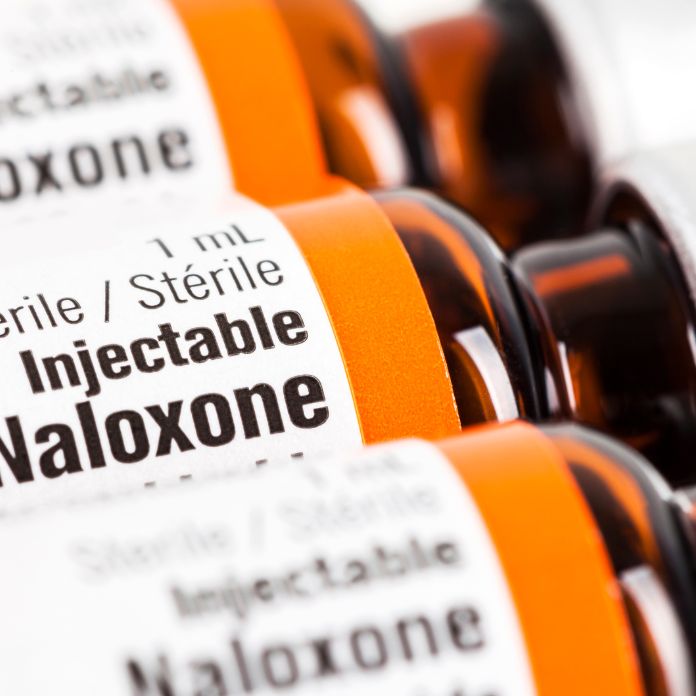
In that same time period, 372 people experienced fatal opioid overdoses.

In 2021, Maricopa County saw nearly 2,100 non-fatal and 2,000 fatal opioid overdoses.

In 2019, 91% of all overdose-related deaths in Maricopa County involved more than one drug.
Drug and Alcohol Laws in Tempe, Arizona
Arizona Good Samaritan Law: Under this state law, anyone who seeks medical assistance for a suspected drug or alcohol overdose cannot be arrested, prosecuted, or penalized for possession or use of controlled substances. However, the evidence for such crimes must have been solely obtained as a result of the person seeking medical assistance for the suspected overdose. Prosecution for other drug-related crimes, such as intent to traffic, is still allowed under this law.9
Arizona Naloxone Standing Order: In Tempe, licensed pharmacists can dispense naloxone without a prescription to anyone at risk of an overdose or anyone who may be in a position to assist someone during an overdose. Under this law, Arizona residents can obtain life-saving naloxone at all pharmacy locations throughout the state.10
Resources
- FindTreatment.gov. (n.d.). FindTreatment.gov.
- Arizona Department of Health Services. (2022). Opioid Prevention Dashboard.
- Maricopa County Department of Public Health. (2020, October). Maricopa County 2019 CCHNA: Community Health Status Report.
- Maricopa County Public Health. (2020). Maricopa County Overdose Deaths 2020 Monthly Report.
- Centers for Medicare & Medicaid Services. (2014, May). Coverage and Delivery of Adult Substance Abuse Services in Medicaid Managed Care.
- Medicare.gov. (n.d.). Mental Health and Substance Use Disorder Services.
- Frank, R. G., Beronio, K., & Glied, S. A. (2014). Behavioral Health Parity and the Affordable Care Act. Journal of Social Work in Disability & Rehabilitation, 13(1-2), 31-43.
- National Institute on Drug Abuse. (2018). Principles of Drug Addiction Treatment: A Research-Based Guide (Third Edition) Types of Treatment Programs.
- McCarty, D., Braude, L., Lyman, D. R., Dougherty, R. H., Daniels, A. S., Ghose, S. S., & Delphin-Rittmon, M. E. (2014). Substance abuse intensive outpatient programs: assessing the evidence. Psychiatric services (Washington, D.C.), 65(6), 718-726.
- Arizona Legislature. (2018). House Bill 2635.
- Arizona Office of the Governor. (2018). Arizona Opioid Epidemic Act.

